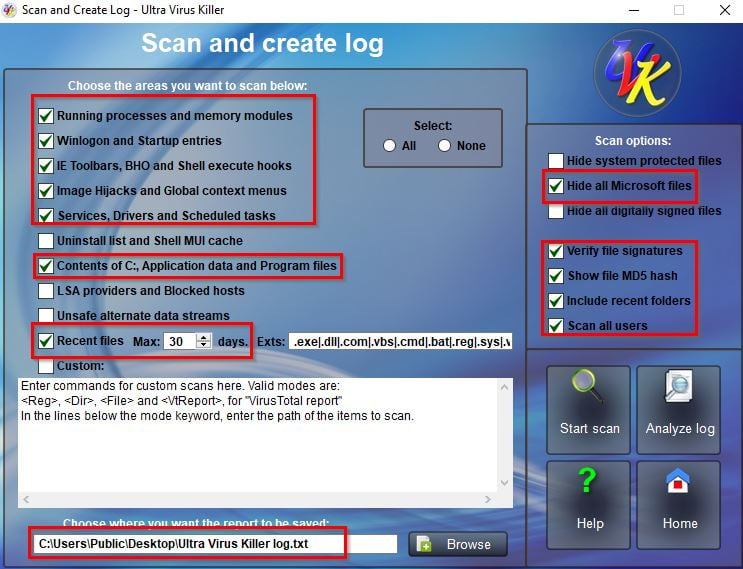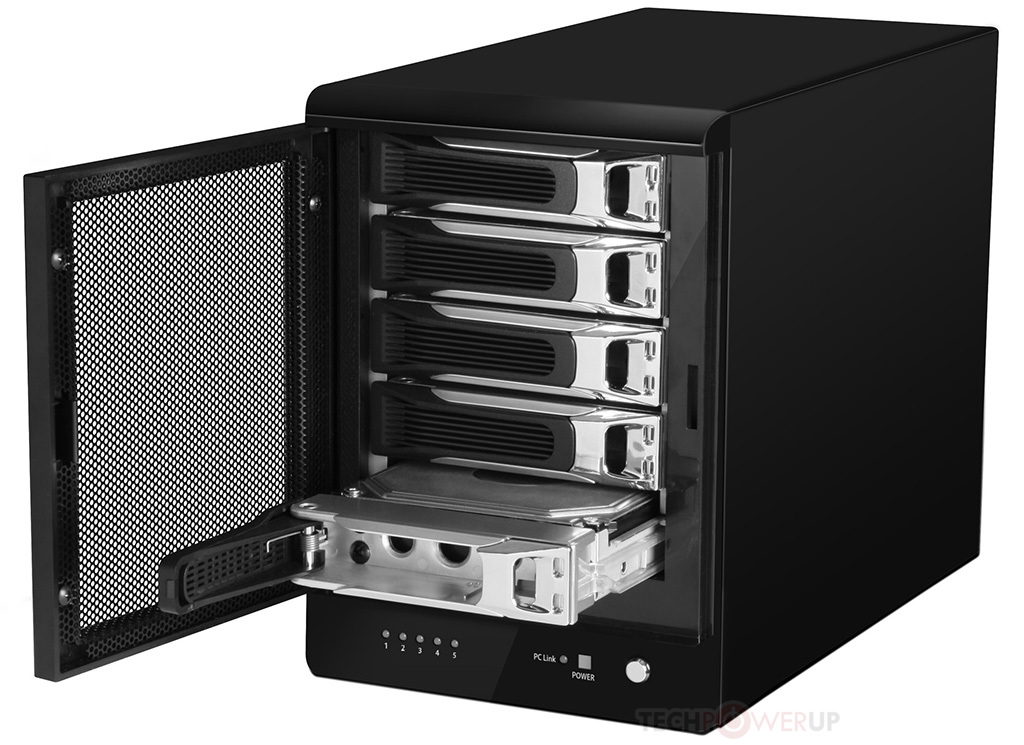- Sourcenext Scsi & Raid Devices Driver Download For Windows 8.1
- Sourcenext SCSI & RAID Devices Driver Download For Windows
| Description | Type | OS | Version | Date |
|---|---|---|---|---|
| Intel® RSTCLI Pro for Intel® Optane™ Memory The Intel® RST CLI Pro utility can be used to perform basic acceleration operations on Intel® Optane memory capable systems. | Software | Windows 10, 64-bit* | 18.0.1.1138 Latest | 10/15/2020 |
| Intel® Rapid Storage Technology Driver Installation Software with Intel® Optane™ Memory The Intel® Rapid Storage Technology (Intel® RST) Floppy Driver (18.0.1.1138) supports the configuration and enabling of system acceleration with Intel® Optane™ memory and maintenance of RAID 0/1/5/10. | Driver | Windows 10, 64-bit* Windows Server 2016* | 18.0.1.1138 Latest | 10/15/2020 |
| Intel® Rapid Storage Technology (Intel® RST) User Interface and Driver The Intel® Rapid Storage Technology (Intel® RST) Driver (16.8.3.1003) supports the configuration and enabling of system acceleration with Intel® Optane™ Memory and maintenance of RAID 0/1/5/10. | Driver | Windows 10, 64-bit* Windows Server 2016* | 16.8.3.1003 Latest | 7/2/2020 |
| Intel® Optane™ Memory User Interface and Driver for System Acceleration The Intel® Optane™ Memory UI is specifically designed and optimized to support system acceleration with Intel® Optane™ memory modules. (16.8.3.1003) | Driver | Windows 10, 64-bit* | 16.8.3.1003 Latest | 7/2/2019 |

Drivers & downloads. Linux OS / Kernel Compatibility List. Linux Drivers & Downloads. Windows Drivers & Downloads. Download files include installation/update procedure. VMware Drivers & Downloads. Download files include installation/update procedure. Windows Server 2008. Notes & Manuals Support for Windows Server 2008. Here is a step by step manual guide for Marvell 91xx Config Device software installation process on Windows 7 / 8 / 8.1 / 10 / Vista / XP. 1 Download 1.2.0.1037.zip file for Windows 7 / 8 / 8.1 / 10 / Vista / XP, save and unpack it if needed. 2 Switch on your new scsiadapter hardware. 3 Right click on the My computer icon and push Properties.
Starting with Windows 10, Version 2004 (OS build 19041.488 or higher), two additional identifiers are available for NVMe storage disk drives which support the STOR_RICH_DEVICE_DESCRIPTION structure:

SCSIt*v(8)p(40)
Where:
t* is a device type code of variable length
v(8) is an 8-character vendor identifier
p(40) is a 40-character product identifier
SCSIt*v(8)p(40)r(8)
Where:
t* is a device type code of variable length
v(8) is an 8-character vendor identifier
p(40) is a 40-character product identifier
r(8) is an 8-character revision level value

In versions of Windows prior to Windows 10, Version 2004 (OS build 19041.488 or higher), the device ID format for a small computer system interface (SCSI) device is as follows:
Sourcenext Scsi & Raid Devices Driver Download For Windows 8.1
SCSIt*v(8)p(16)r(4)

Where:
t* is a device type code of variable length
v(8) is an 8-character vendor identifier
p(16) is a 16-character product identifier
r(4) is a 4-character revision level value
The bus enumerator determines the device type by indexing an internal string table, using a numerically encoded SCSI device type code, obtained by querying the device, as shown in the following table. The remaining components are just strings returned by the device, but with special characters (including space, comma, and any nonprinting graphic) replaced with an underscore.
The SCSI Port driver currently returns the following device type strings, the first nine of which correspond to standard SCSI type codes.
| SCSI type code | Device type | Generic type | Peripheral ID |
|---|---|---|---|
| DIRECT_ACCESS_DEVICE (0) | Disk | GenDisk | DiskPeripheral |
| SEQUENTIAL_ACCESS_DEVICE (1) | Sequential | TapePeripheral | |
| PRINTER_DEVICE (2) | Printer | GenPrinter | PrinterPeripheral |
| PROCESSOR_DEVICE (3) | Processor | OtherPeripheral | |
| WRITE_ONCE_READ_MULTIPLE_DEVICE (4) | Worm | GenWorm | WormPeripheral |
| READ_ONLY_DIRECT_ACCESS_DEVICE (5) | CdRom | GenCdRom | CdRomPeripheral |
| SCANNER_DEVICE (6) | Scanner | GenScanner | ScannerPeripheral |
| OPTICAL_DEVICE (7) | Optical | GenOptical | OpticalDiskPeripheral |
| MEDIUM_CHANGER (8) | Changer | ScsiChanger | MediumChangerPeripheral |
| COMMUNICATION_DEVICE (9) | Net | ScsiNet | CommunicationsPeripheral |
| 10 | ASCIT8 | ScsiASCIT8 | ASCPrePressGraphicsPeripheral |
| 11 | ASCIT8 | ScsiASCIT8 | ASCPrePressGraphicsPeripheral |
| 12 | Array | ScsiArray | ArrayPeripheral |
| 13 | Enclosure | ScsiEnclosure | EnclosurePeripheral |
| 14 | RBC | ScsiRBC | RBCPeripheral |
| 15 | CardReader | ScsiCardReader | CardReaderPeripheral |
| 16 | Bridge | ScsiBridge | BridgePeripheral |
| 17 | Other | ScsiOther | OtherPeripheral |
An example of a device ID for a disk drive would be as follows:
SCSIDiskSEAGATE_ST39102LW_______0004
There are four hardware IDs in addition to the device ID:
SCSIt*v(8)p(16)
SCSIt*v(8)
SCSIv(8)p(16)r(1)
V(8)p(16)r(1)
In the third and fourth of these additional identifiers, r(1) represents just the first character of the revision identifier. These hardware IDs are illustrated by the following examples:
SCSIDiskSEAGATE_ST39102LW_______
SCSIDiskSEAGATE_
SCSIDiskSEAGATE_ST39102LW_______0
SEAGATE_ST39102LW_______0
The SCSI Port driver supplies only one compatible ID, one of the variable-sized generic type codes from the previous table.
For example, the compatible ID for a disk drive is as follows:
GenDisk
The generic identifier is used in INF files for SCSI devices more than any other, because SCSI drivers are typically generic.
Sourcenext SCSI & RAID Devices Driver Download For Windows
Be aware that the SCSI Port driver returns no generic name for sequential access and 'processor' devices.
Comments are closed.